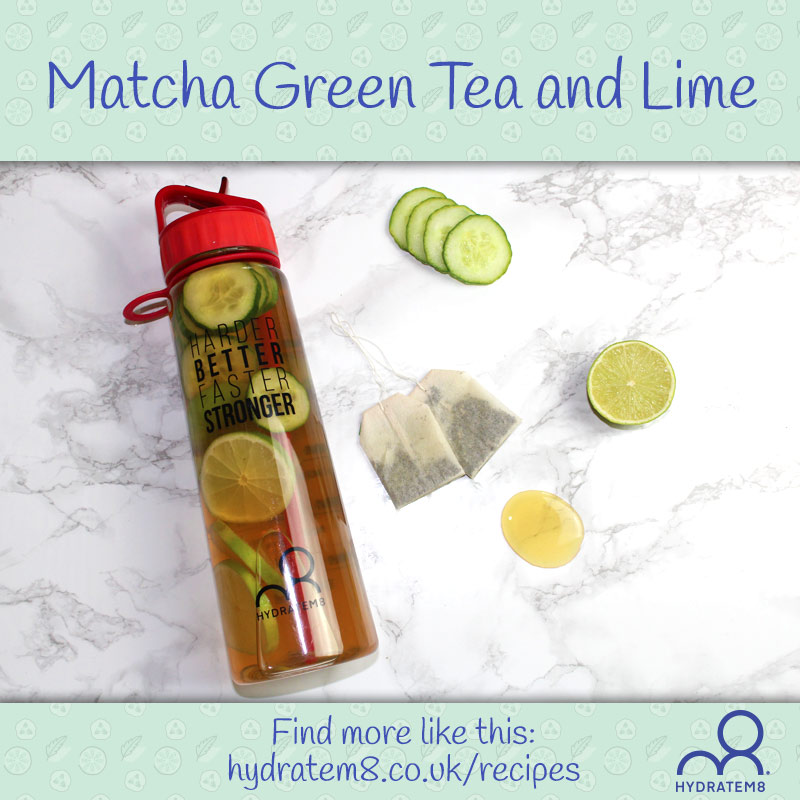Green Tea – A Great Coffee Alternative
Not everyone is a coffee connoisseur, some aren’t keen on the bitterness others are worried about the implications it can have for our health. It doesn’t matter why you don’t like it or perhaps you are a coffee fan but are looking to try something new. If so, green tea could be a welcome change to your usual go-to hot beverage.
What is green tea?
Green tea is often promoted as one of the healthiest drinks on the market. The reason for this is it is packed with antioxidants. Green tea is produced from the same tea plant as black, white and Oolong varieties called Camellia sinensis. However, unlike the other varieties, green tea goes through very little processing, usually just drying. Therefore, this reduced processing helps the green tea to conserve its polyphenol content.
Polyphenols are naturally occurring chemicals found in plant foods like fruit, vegetables, whole grains, and teas which have numerous health benefits. Many polyphenols have antioxidant and anti-inflammatory properties.
The antioxidant properties are what make these foods beneficial for our health and prevent many different diseases including cancer. For example, oxidative stress occurs in the body when there are too many free radicals circulating. Free radicals are unstable because they have too many electrons. We won’t get too sciencey here, but electrons need to be in pairs to make them stable and less reactive. So, because free radicals are imbalanced, they react easily with other molecules in the body which can cause oxidative damage, a cause of many chronic diseases.
What has that got to do with green tea? Well, the antioxidant properties of green tea mean that the formation of free radicals in the body is reduced, so it protects our cells from damage and reduces the risk of disease.
One of the major polyphenols green tea contains is epigallocatechin-3-gallate (EGCG), also known as catechin. EGCG is a powerful compound and is largely responsible for the health benefits of green tea.
What are the potential health benefits?
Here are some of the health benefits associated with green tea:
- Improved brain function and concentration span
- Increases fat burning
- Reduces bad breath
- Reduces the risk of some cancers
- Could protect your brain from diseases like Parkinson’s and Alzheimer’s
- May prevent cardiovascular disease
- May prevent type 2 diabetes
There is some research that suggests that drinking green tea could make you live longer.
Does green tea contain caffeine?
Yes, green tea does contain caffeine but the amount will differ between brands. However, it contains less caffeine than coffee but it does still have a stimulatory effect. Therefore, it isn’t recommended that you drink green tea before going to bed. And, if you are sensitive to caffeine, you should limit the number of cups of green tea you drink and you should especially reduce the amount you drink after lunchtime.
How do I prepare green tea?
Green tea is available in bags just like black tea. To get the full health benefits the tea should be warm. So, once you have boiled the kettle, allow the water to cool before pouring onto the tea leaves or the bag and allow to steep for up to 3 minutes before drinking.
If you find green tea a little bitter for your taste buds, you can try adding a slice of lemon or a sprig of mint for a more refreshing and less harsh taste. Alternatively, you can buy flavoured green tea but watch out for the added sugar content.
Summary
So, green tea is known to have several health benefits and has been enjoyed for around 5000 years. Although it contains caffeine, it has a lower caffeine content than coffee but if you are sensitive to caffeine you should limit the amount you drink per day. Green tea is packed with polyphenols that protect the body from disease.
Sources
Eng, Q, Y et al. (2018). Molecular Understanding of Epigallocatechin gallate (EGCG) in Cardiovascular and Metabolic Diseases. J Ethnopharmacol: 210, pp 296-310.
Reygaert, W, C. (2016). An Update on the Health Benefits of Green Tea. Beverages: 3.
Suzuki, E et al. (2009). Green Tea Consumption and Mortality among Japanese Elderly People: The Prospective Shizuoka Elderly Cohort. Annals of Epidemiology: 19(10), pp 732-739.





